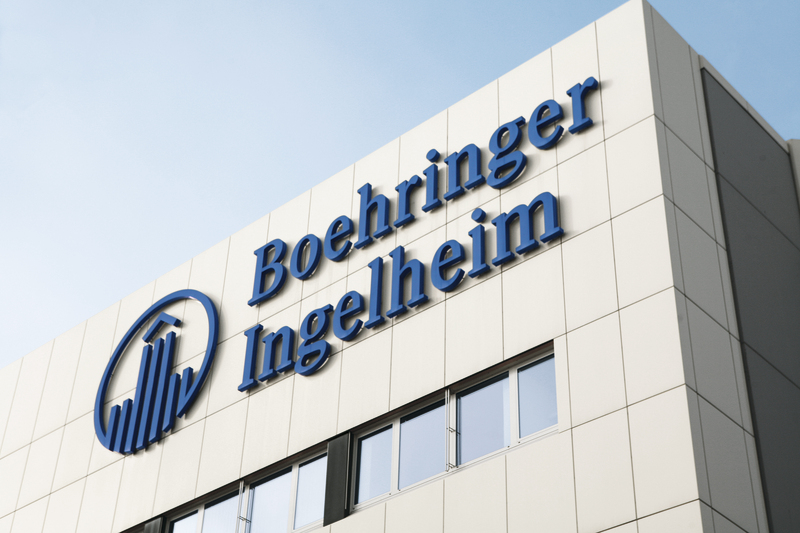Boehringer takes alteplase to phase 3 for COVID, but drops antibody

Boehringer Ingelheim's latecomer antibody therapy for COVID-19 has been side-lined, as the company focuses its attention on its thrombolytic drug alteplase, heading into a phase 3 programme later this year.
The decision to discontinue development of BI 767551, an inhaled antibody, has been taken because of the "evolving landscape" in managing the pandemic including the success of vaccination programmes, the availability of multiple antibody therapies and the emergence of SARS-CoV-2 variants.
The drug had reached the phase 1/2 trial stage, and was intended as a treatment for severely-ill COVID-19 patients at the earliest possible time to reduce pressure on hospitals and prevent the worsening of acute respiratory distress syndrome (ARDS) – the runaway lung damage that can prove fatal in coronavirus infections.
The hope was that an inhaled antibody would reach higher levels in the lung, where it is most needed, than systemic antibodies.
However, with cases of COVID-19 declining in many countries it has been "challenging to further progress clinical development of this antibody and make it available to patients within a reasonable time frame."
The company previously said the antibody might be suitable for a broader range of patients, for example those outside hospital settings and for prophylactic use in people at risk of exposure to SARS-CoV-2.
Boehringer meanwhile also tried to develop a TRPC6 inhibitor called BI 764198 for COVID-19, which had progressed to phase 2 testing, but called that programme to a halt after disappointing clinical results.
That leaves Actilyse (alteplase) as the last COVID-19 project standing at the German drugmaker, but here there is good news with "favourable" safety and efficacy data from an interim analysis of the phase 2b portion of its TRISTARDS study in 62 patients. Results from the study are expected next year.
Drugs like alteplase are used to dissolve blood clots in cardiovascular disease including ischaemic stroke.
As widespread clotting is a feature of some severe COVID-19 cases, TRISTARDS is evaluating whether daily intravenous doses of alteplase, given for up to five days on top of standard care, can reduce the time to clinical improvement or hospital discharge.
Boehringer invested €3.7 billion on R&D last year, the highest spend in its history, as it mobilised its scientists to seek out new therapies for COVID-19.
Another team from University College London (UCL) is also testing a nebulised formulation of alteplase in COVID-19 patients, starting a phase 2 last year, although no results from that study have been reported.












